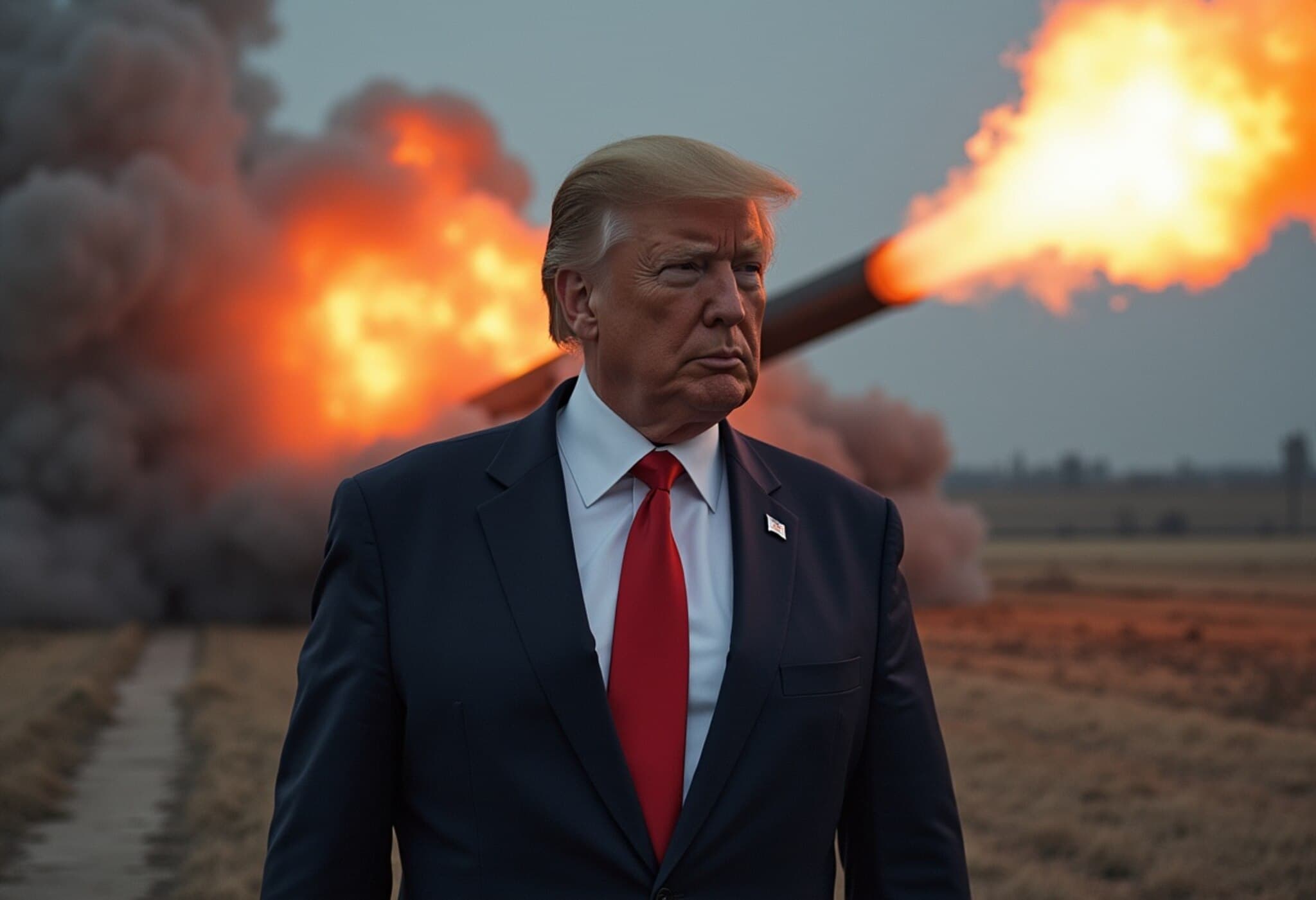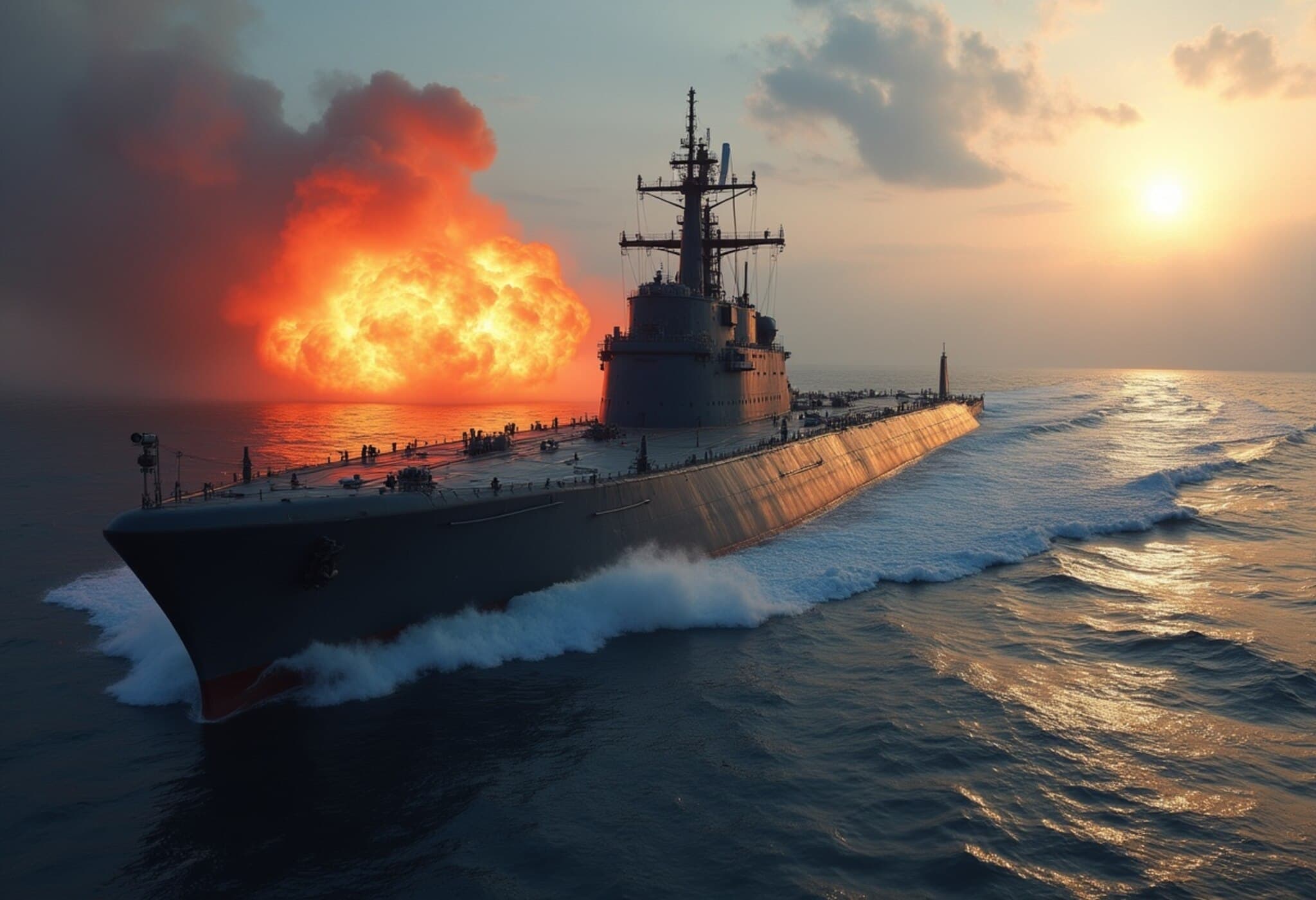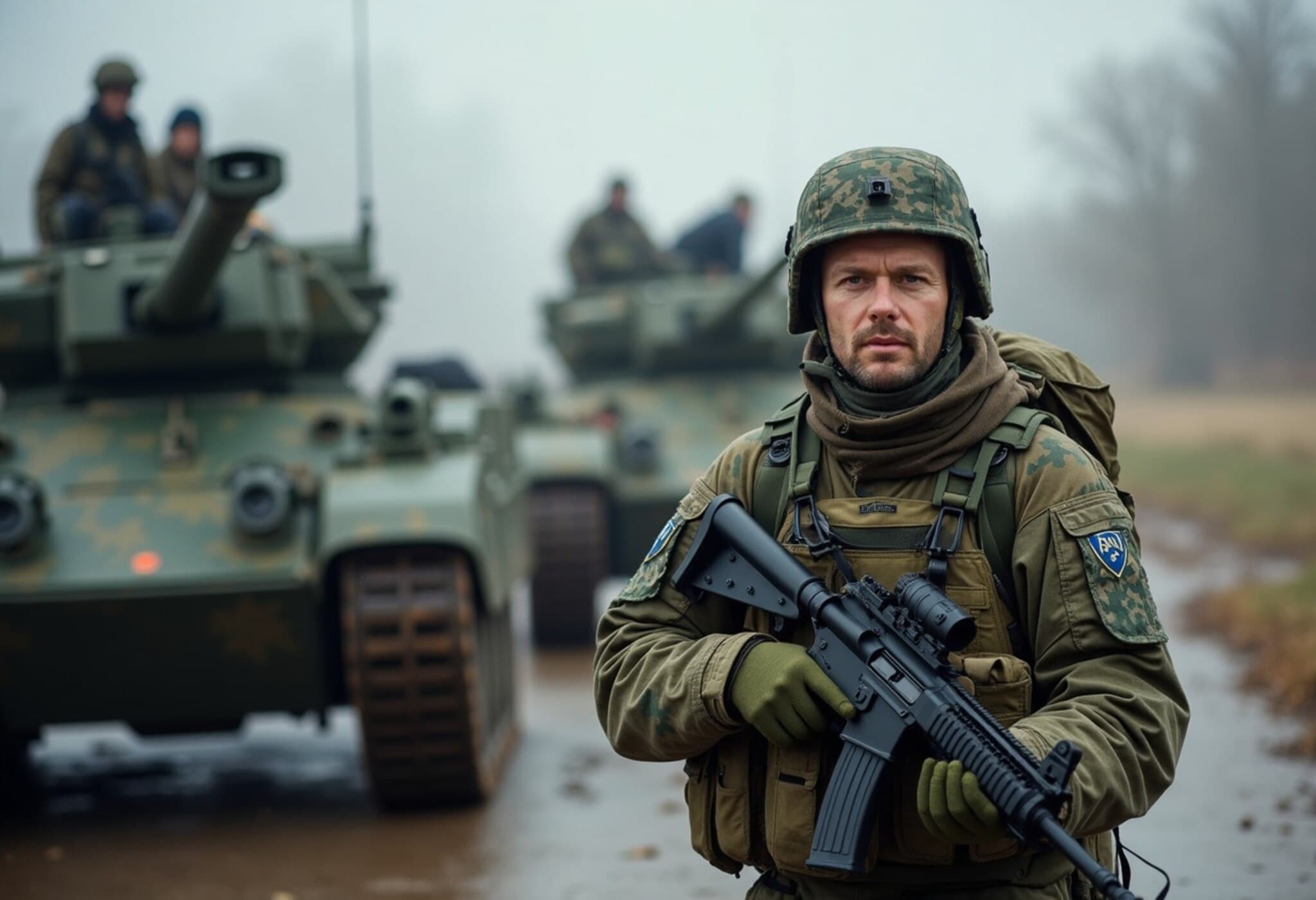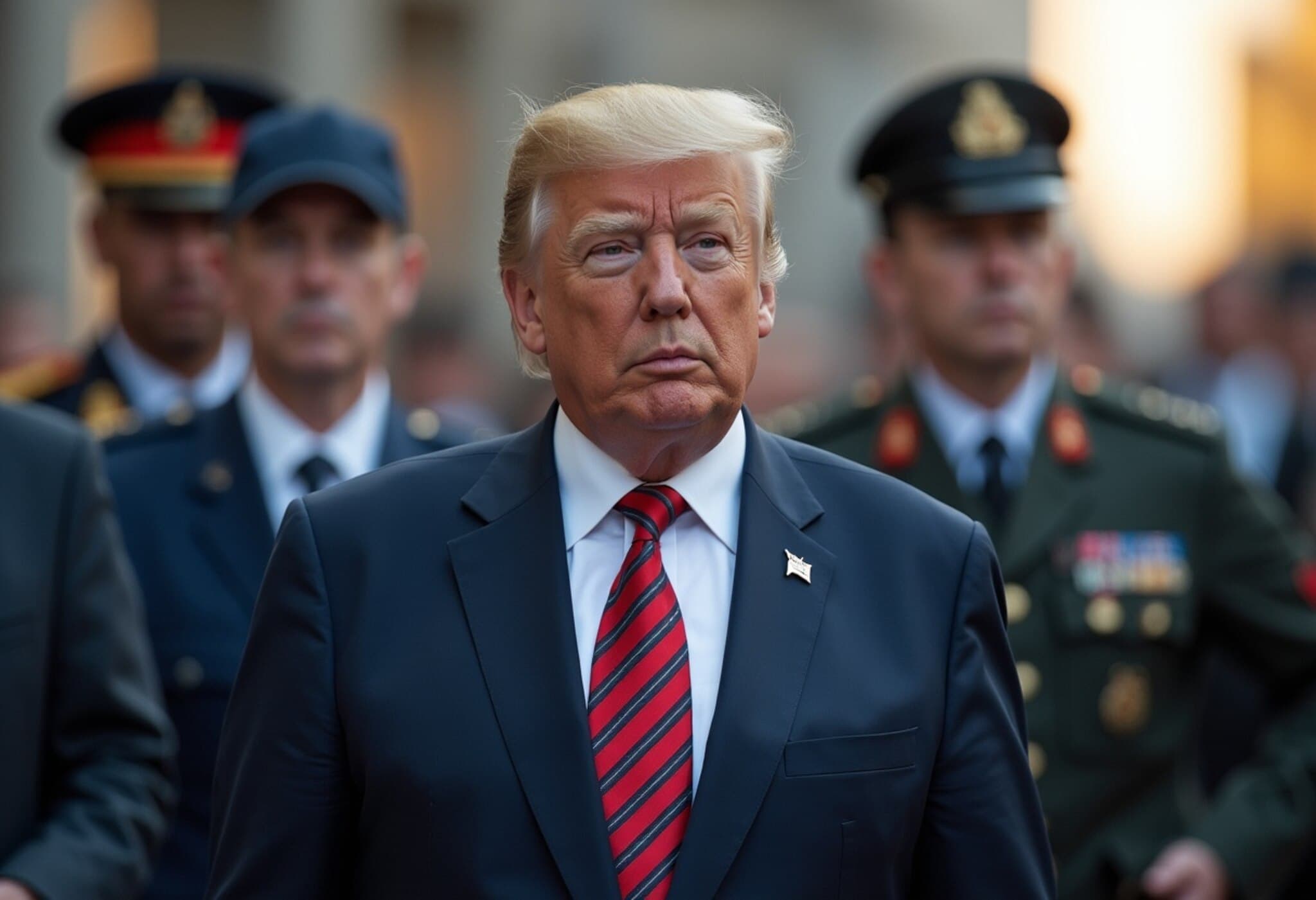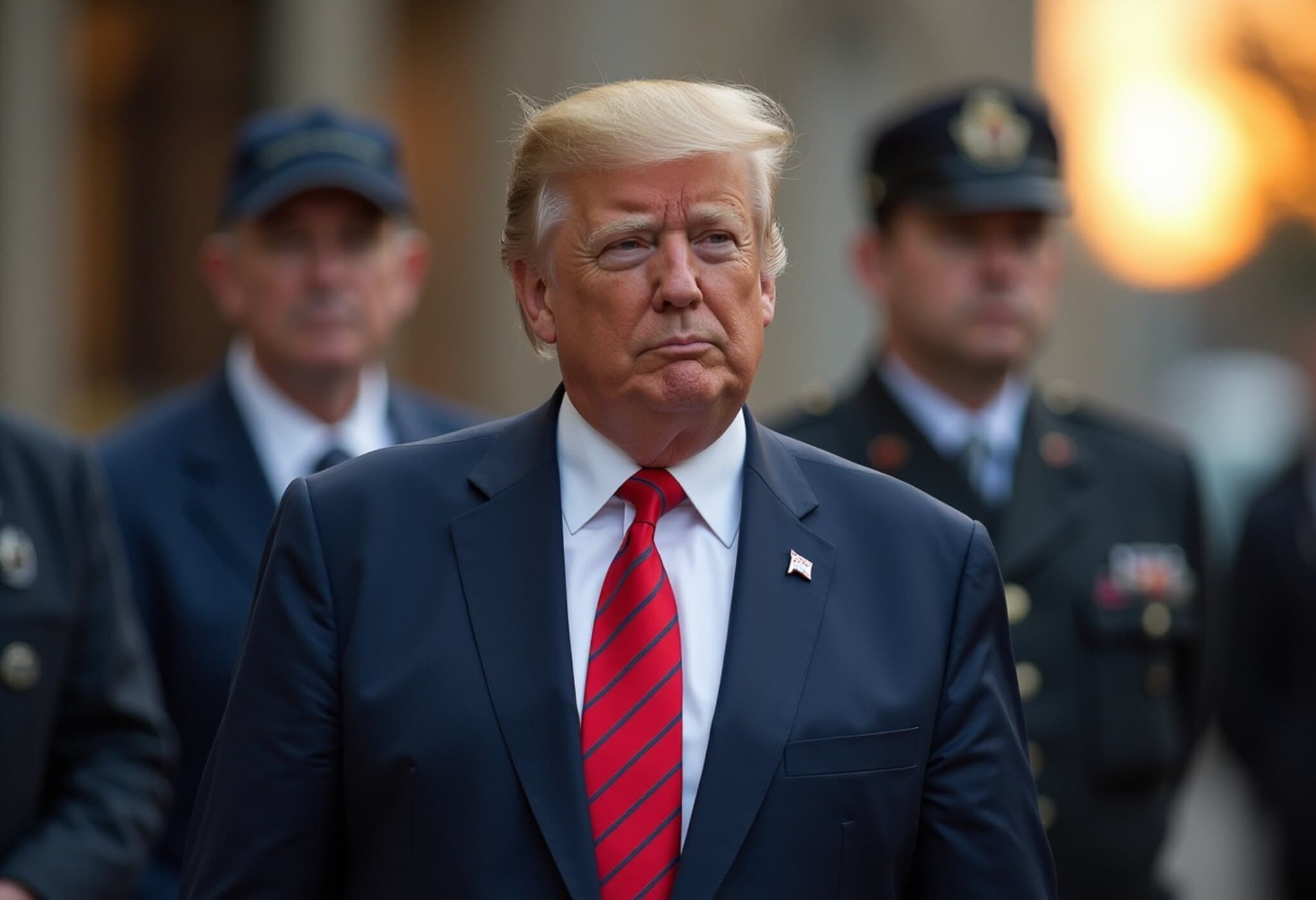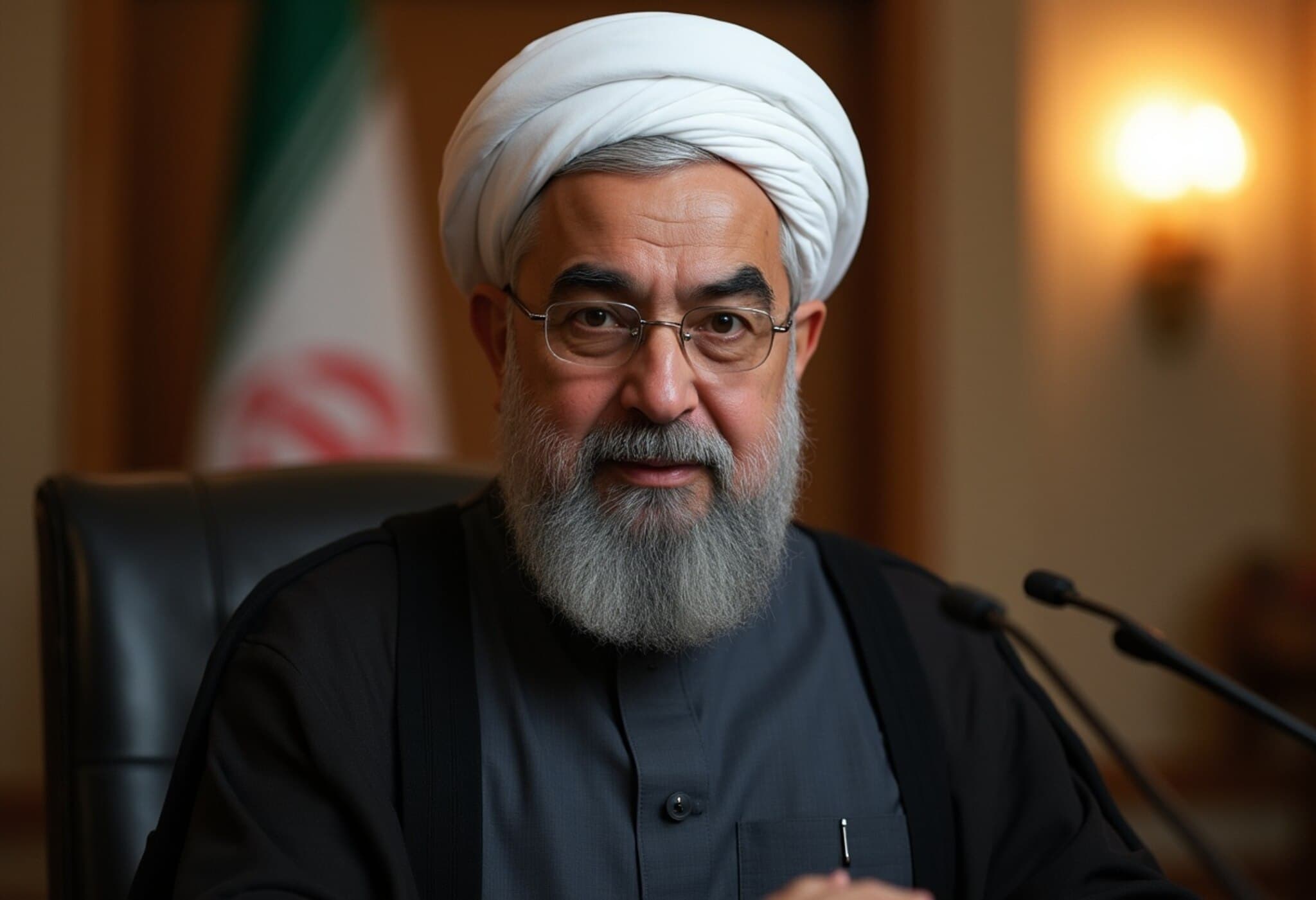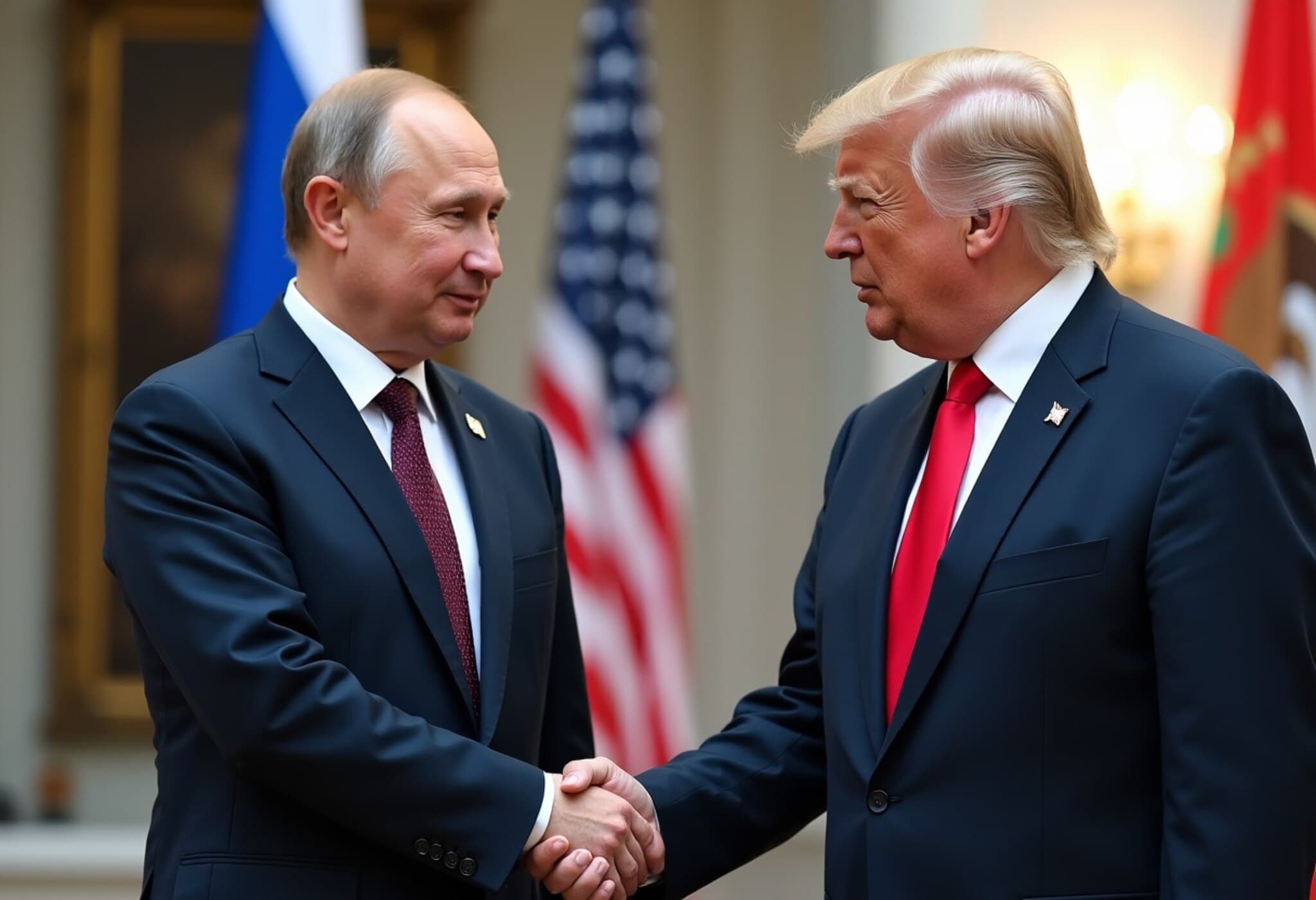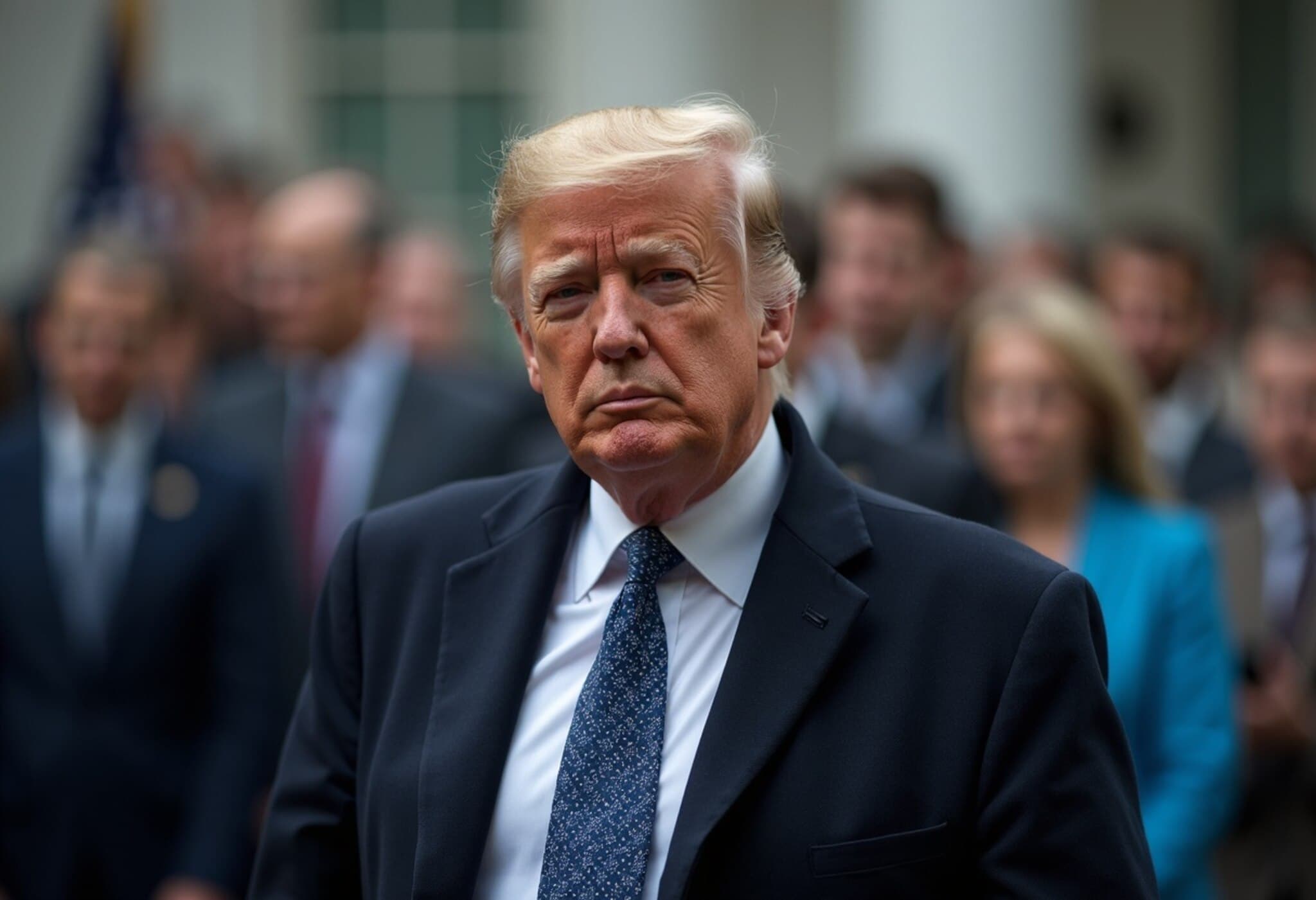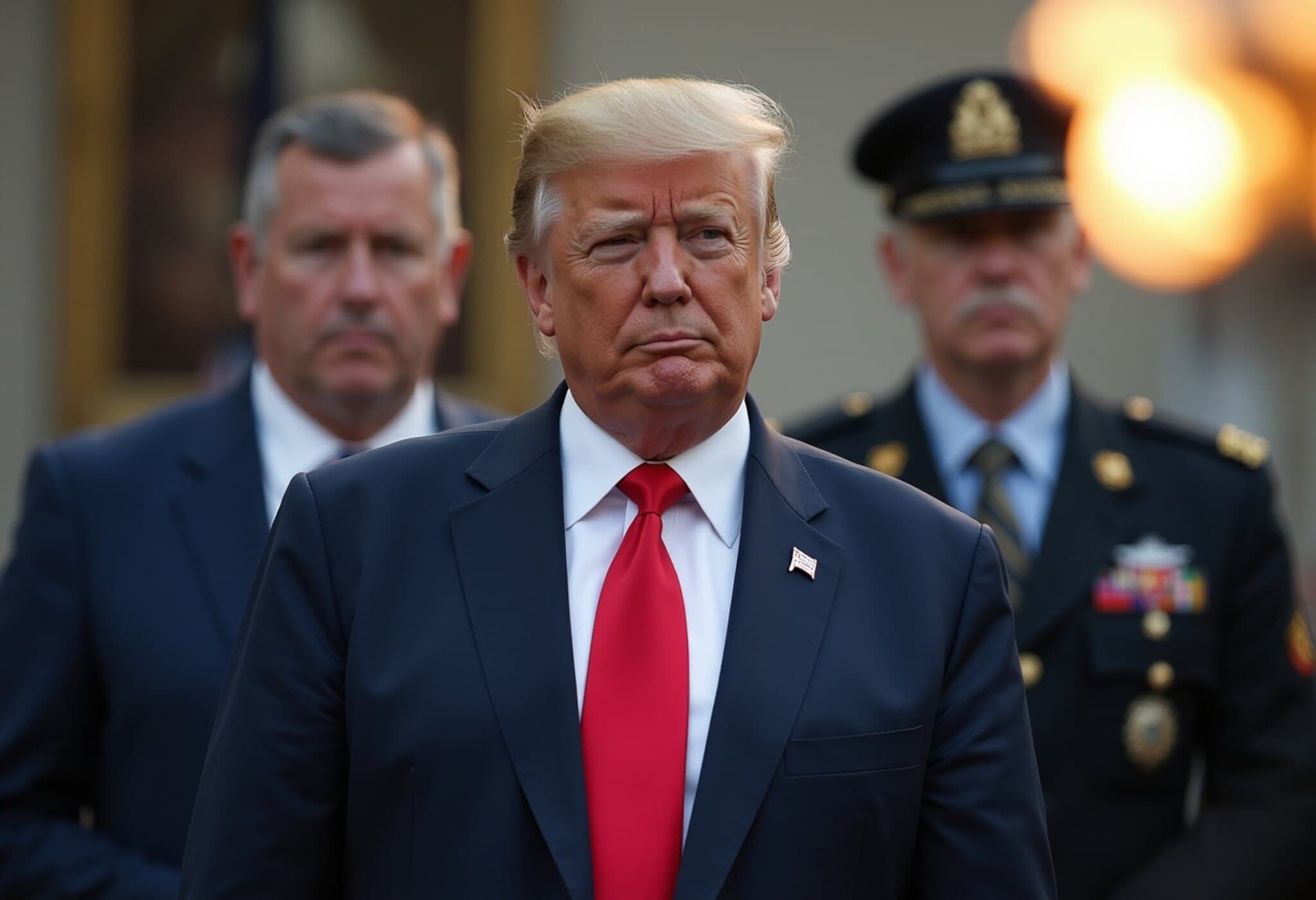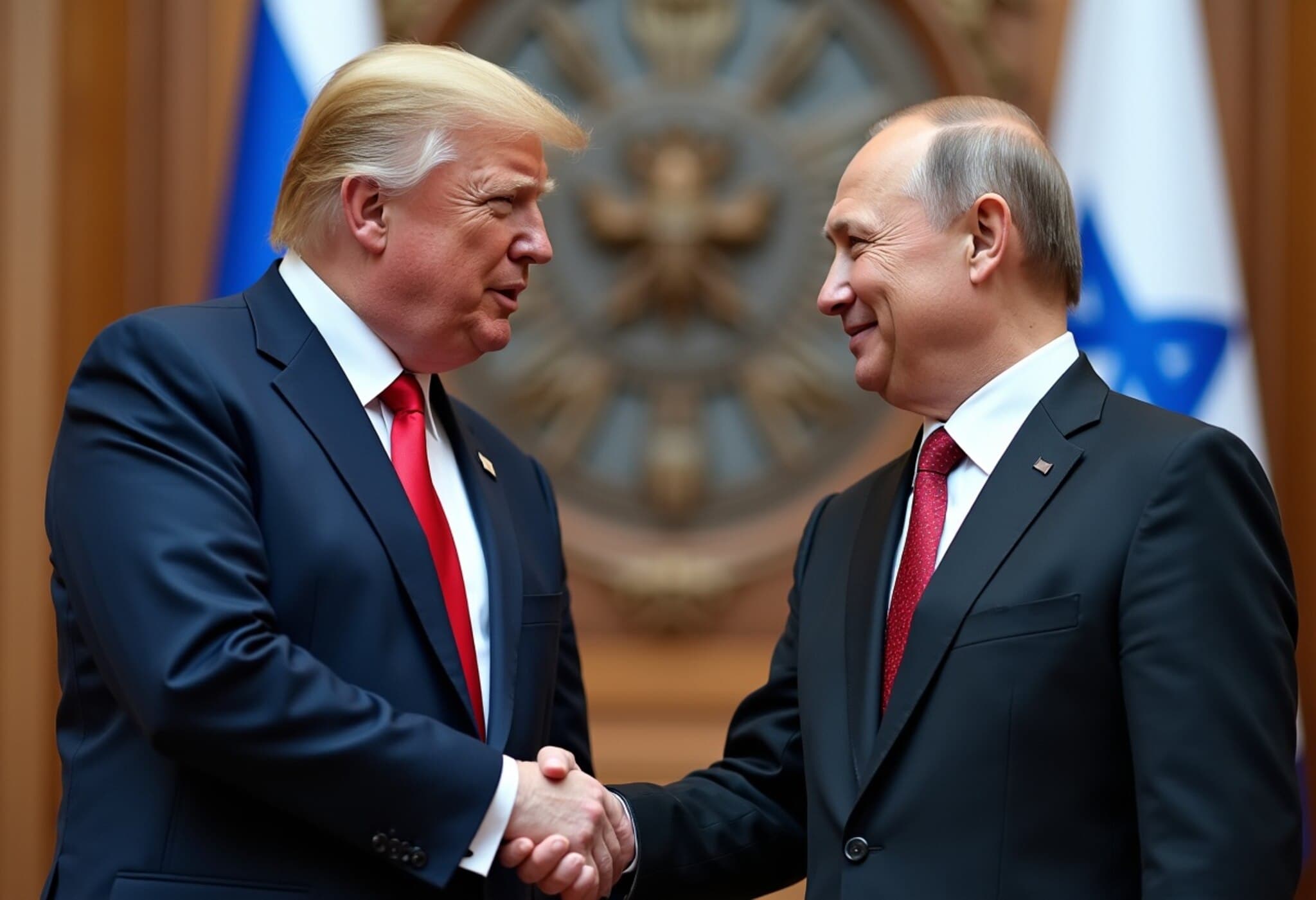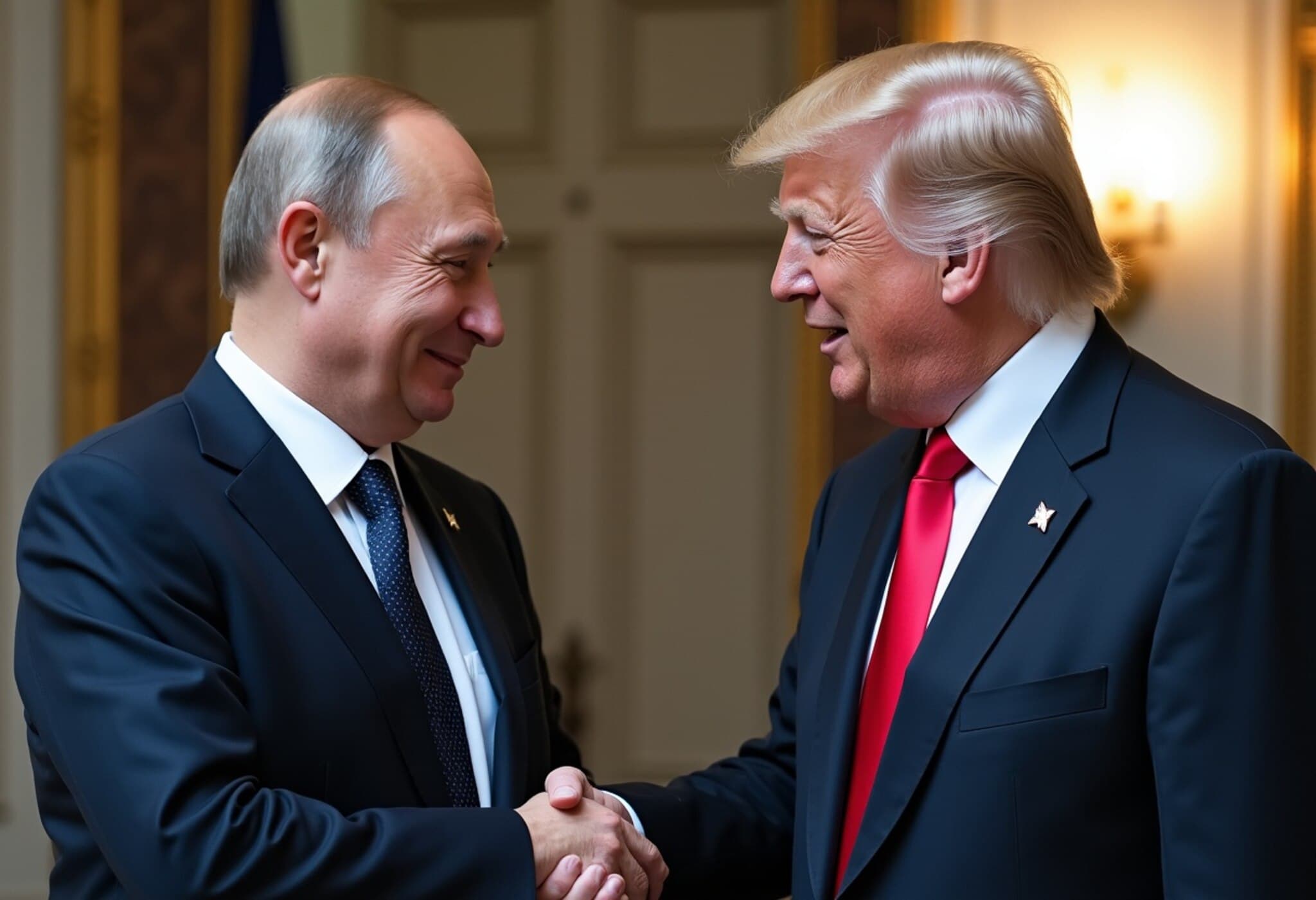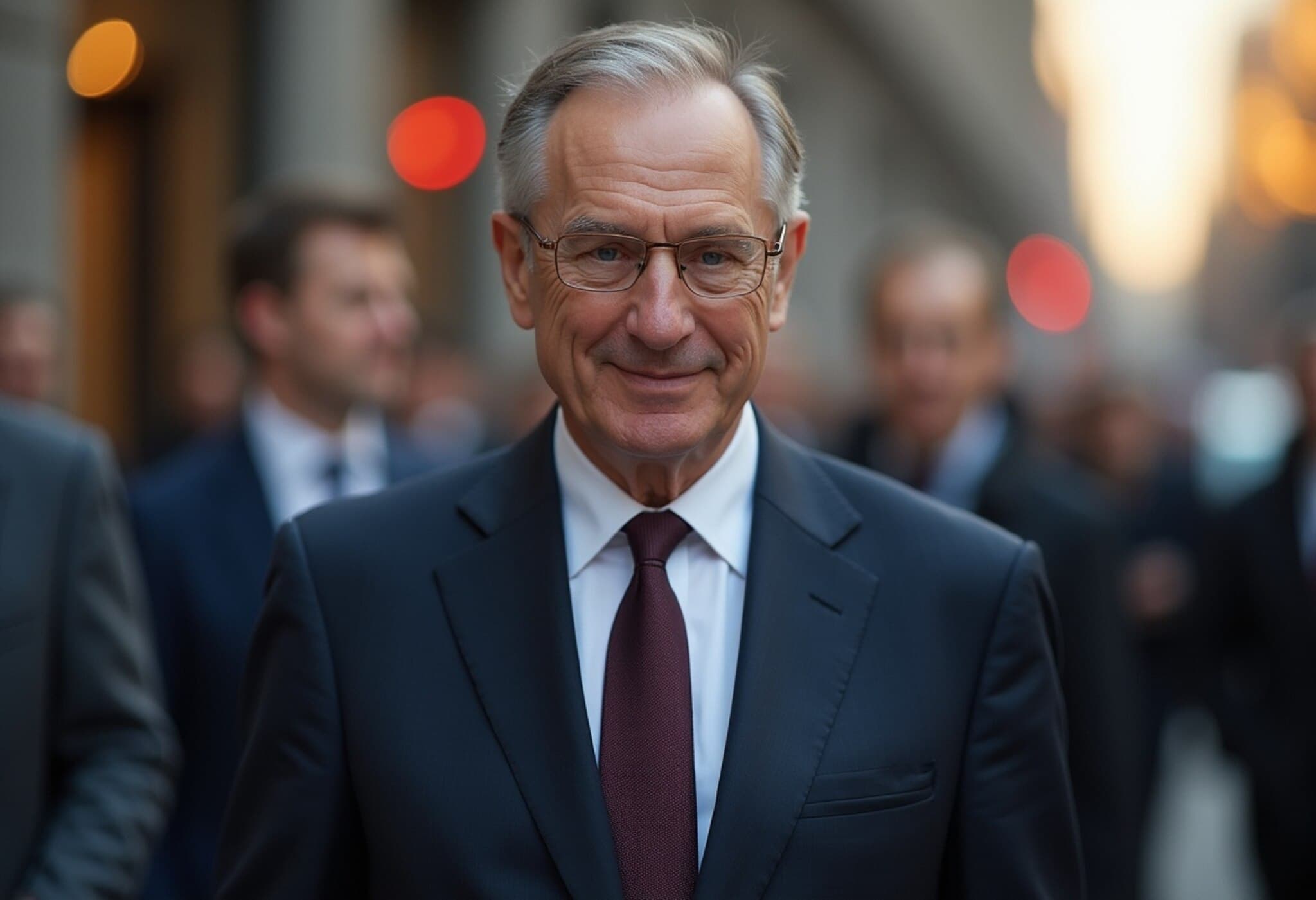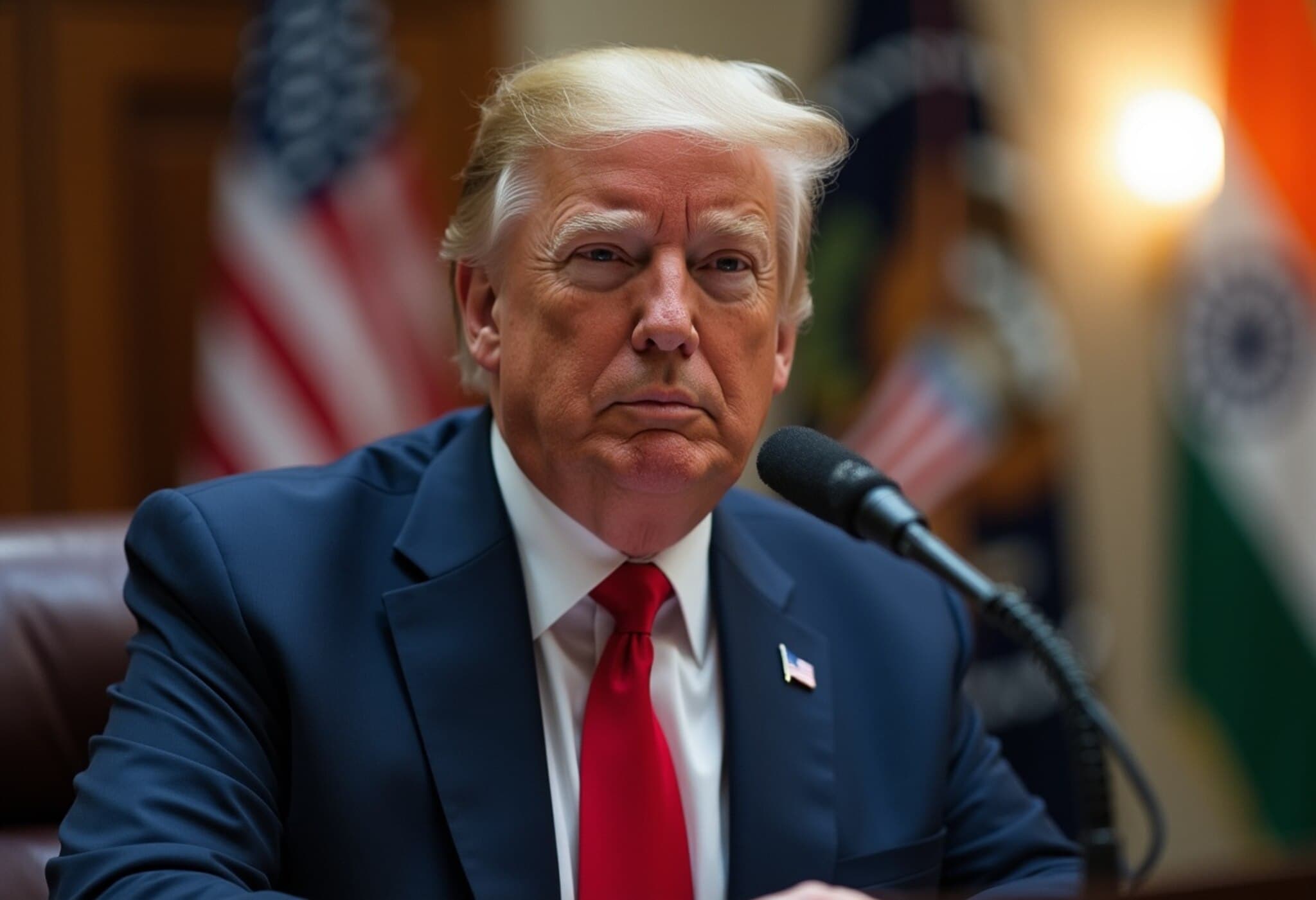Russia Officially Withdraws from INF Treaty Citing Western Military Provocations
In a striking escalation of global nuclear tensions, Russia has declared it no longer considers itself bound by the 1987 Intermediate-Range Nuclear Forces (INF) Treaty, pointing to what it describes as direct security threats posed by actions from Western countries, particularly the United States. The announcement comes six years after Washington's 2019 withdrawal from the treaty, which Moscow has long contested, blaming the West for destabilizing global arms control frameworks.
Background: The INF Treaty and Its Significance
Signed in 1987 during the Cold War, the INF Treaty was a landmark agreement between the United States and the Soviet Union that eliminated all ground-launched ballistic and cruise missiles with ranges between 500 and 5,500 kilometers. For decades, it served as a cornerstone of international arms control, reducing the risk of nuclear confrontation across Europe and beyond.
However, tensions rose dramatically when the U.S. accused Russia of deploying prohibited missile systems, allegations Kremlin vehemently denied. In response, the U.S. withdrew from the pact in 2019, arguing that Moscow’s violations made compliance impossible. Russia, in turn, accused Washington of hypocrisy for developing missile technology outside the treaty's scope.
Russia’s Justifications for Walking Away
On Monday, the Russian Foreign Ministry released a statement asserting that the conditions which once justified the treaty’s limitations have vanished. It specifically cited the deployment of the U.S. Typhon missile launcher in the Philippines and missile exercises during Australia’s Talisman Sabre war games as indicative of provocative acts undermining Russia's security.
“The disappearing conditions for the unilateral moratorium on such weapons justify Russia no longer considering itself bound by the self-imposed constraints,” the ministry declared, releasing a clear signal that Russia plans to expand its missile capabilities unrestricted by the treaty.
Broader Geopolitical Implications
This move amplifies already fraught relations between Moscow and Washington. The timing is especially sensitive given ongoing conflict in Ukraine, where Western sanctions and diplomatic pressure have intensified. Recently, former U.S. President Donald Trump announced deployment plans for two nuclear submarines in response to what he termed “highly provocative” nuclear rhetoric from Russian officials, including former President Dmitry Medvedev.
These developments have triggered anxiety within diplomatic circles about a potential nuclear arms race reminiscent of Cold War days, a concern underscored by Kremlin spokesman Dmitry Peskov's call for extreme caution in nuclear discourse. “Russia is very attentive to nuclear non-proliferation,” he told reporters, urging all parties to avoid inflammatory statements that could spiral out of control.
The Risk of Nuclear Escalation
- Abandoning the INF Treaty removes restrictions on intermediate-range missiles, potentially leading to rapid missile deployment in strategic regions.
- Heightened rhetoric on both sides threatens to normalize the prospect of nuclear engagement rather than de-escalate conflicts.
- The fragile diplomatic endeavor, including anticipated meetings by U.S. envoy Steve Witkoff in Moscow, faces increased challenges amid this escalation.
What Lies Ahead for US-Russia Diplomacy?
With an August 9 deadline looming for Russia to heed U.S. ultimatums regarding the Ukraine invasion, experts warn that fallout from the treaty's demise could further destabilize international security. The crucial question now is whether dialogue can overcome distrust and prevent a renewed arms race in an era already fraught with geopolitical uncertainty and regional conflicts.
Expert Insight: Navigating a Fragmented Arms Control Landscape
From an American policy perspective, the crumbling of the INF Treaty highlights the urgent need for renewed arms control frameworks that account for 21st-century threats, including emerging missile technologies and cyber warfare capabilities. The U.S. must balance deterrence with diplomacy, prioritizing channels that reduce miscalculations and promote transparency.
Meanwhile, Russia’s stance reflects a broader strategic narrative: feeling cornered by Western sanctions and military presence near its borders, Moscow sees treaty constraints as unilateral liabilities threatening its national sovereignty. This dynamic complicates prospects for meaningful negotiation without mutual confidence-building measures.
Emerging Questions
- Can the global community reimagine arms control agreements to include new technologies and multiple actors beyond the U.S. and Russia?
- What role could international organizations like the United Nations play in mediating and monitoring compliance?
- How will the U.S. and its allies respond to Russia’s expanded missile capabilities in Asia and Europe?
Conclusion: A Crossroads for Global Security
Russia’s withdrawal from the INF Treaty marks a critical juncture in international arms control, revealing deep fractures in the post-Cold War security order. As nuclear rhetoric intensifies and military postures harden, the challenge before policymakers is enormous: to prevent a descent into renewed great power competition and avert the devastating consequences of nuclear conflict.
The unraveling of the INF Treaty underscores the fragility of old security agreements in today’s fractured geopolitical landscape. Readers should consider how emerging global threats and shifting alliances influence nuclear stability. What innovative diplomatic paths can restore trust between the U.S. and Russia, and how can the international community safeguard against an escalating arms race? Your engagement and understanding of these issues are vital as the world watches developments with both hope and apprehension.
Reporting by the TOI World Desk, with expert analysis on geopolitical and arms control challenges.

